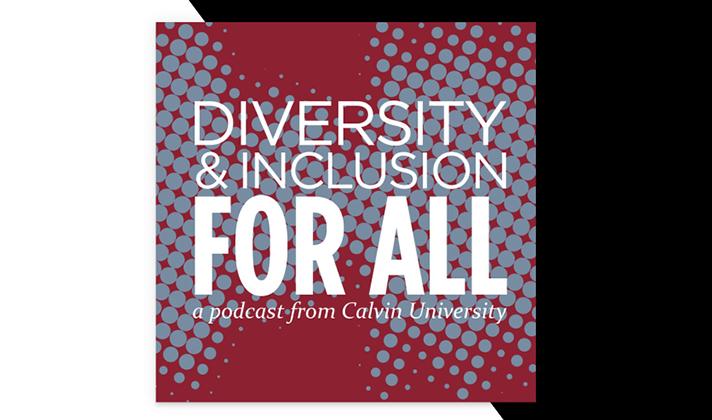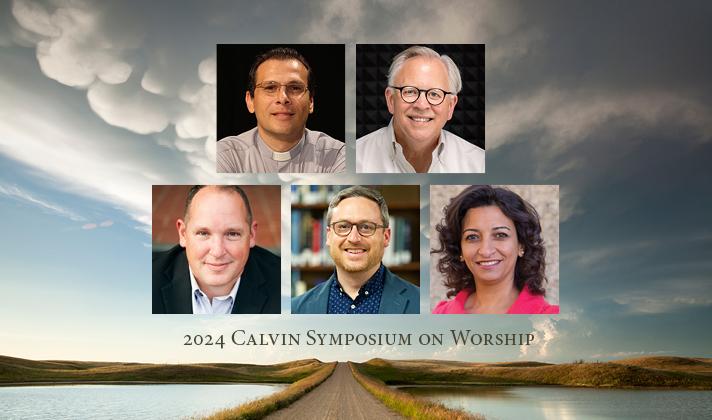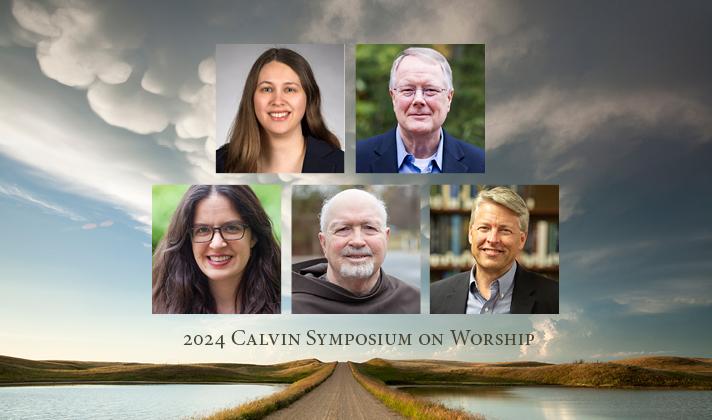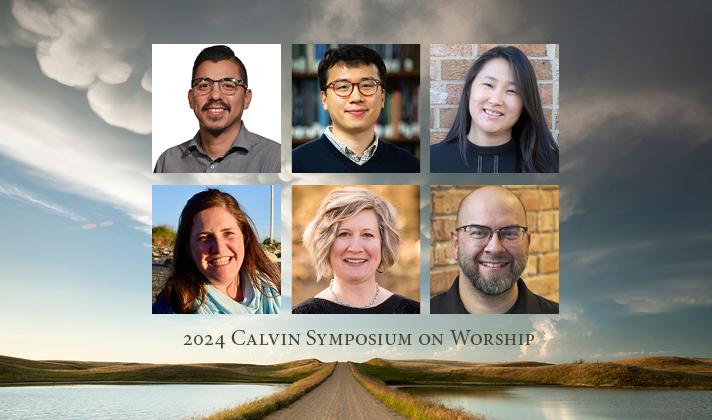Psalm 150
How does this psalm piece interpret the psalm?
The psalter ends with the command for all things who have breath to praise the Lord. In the Hebrew, each line of Psalm 150 begins with “Hallelujah”, a word which, when heard in the context of that final command, seems intentionally onomatopoetic: a simple breath, out and in, over and over, forever and ever.
In keeping with the universal directive of the psalm (or is it simply an observation?), this work is written for both the flute and the flutist. It explores the sonic and ritualistic dimensions of our breath, and how—like the ruah (“breath” or “spirit” in Hebrew)—it surrounds us and inspires us, giving life (literal and musical) in ways that we cannot explain.
The piece’s opening gesture—animated, like Adam, by a breath—metamorphoses by the end into the word whose shape inspired it: Hallelujah. The word and the music then return from whence they came, merging into the rhythmic breath that sustains us throughout our lives and whose inescapable cessation will bring us into the presence of the One who made everything, from the tiniest drop of water to the spiral nebulae.
The mystical sounds and visuals remind us that the universe will continue to praise God long after it is devoid of anything with breath. Thus, this psalm is really just a beginning.
The performer is Boston Symphony Orchestra flautist Elizabeth Ostling. The composition and the video are by Delvyn Case.
Other resources by Delvyn Case
This piece may be performed live by a single flautist as a special anthem intended for meditation and prayer. The video may be shown either alongside a live performance or with recorded audio. It’s a quiet, mysterious piece that would work best in a darkened sanctuary.
Music: Delvyn Case, © Delvyn Case
Contact: Delvyn Case, case_delvyn@wheatoncollege.edu






